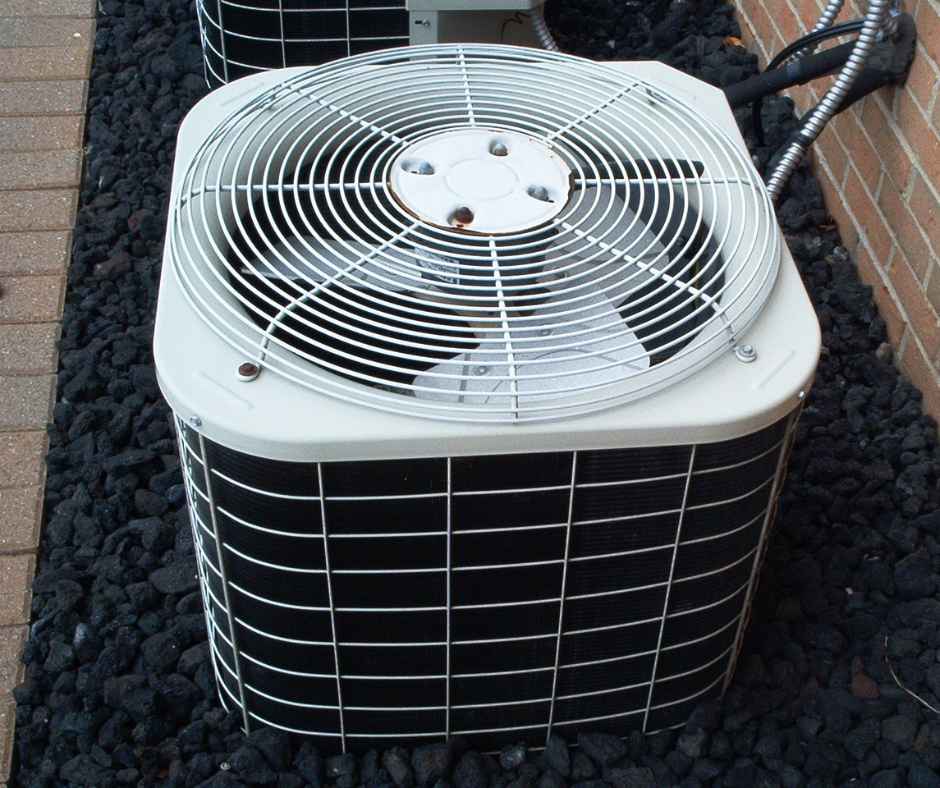520-629-9676
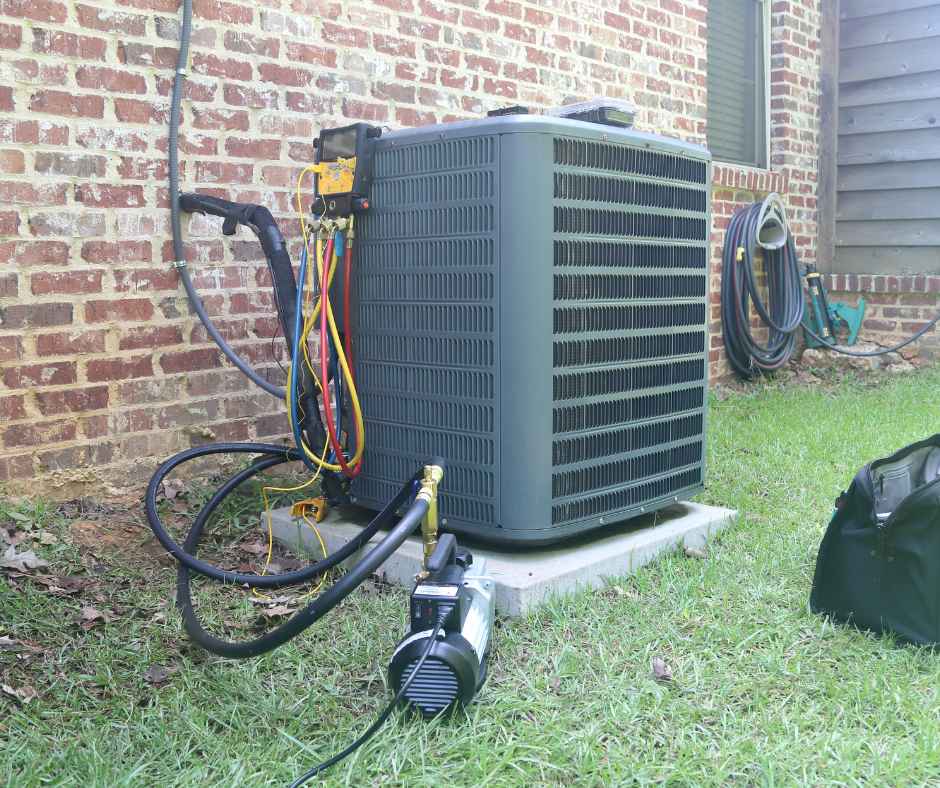
Why Does My Air Conditioner Turn Off By Itself?
There’s nothing quite as frustrating as dealing with an air conditioner that turns off by itself, especially during the sweltering summer months. This problem not only disrupts your comfort but also signals potential issues within your AC unit that need addressing. If you’re asking, “Why does my air conditioner turn off by itself?”, you’re not alone. Many homeowners face this issue and are unsure about the underlying causes and possible solutions.
In this blog, we’ll explore the common reasons why an air conditioner might turn off by itself and offer practical advice on how to resolve these issues.
Reasons Your Air Conditioner Turns Off On Its Own
There are several common causes of an air conditioner turning off on its own:
1. Thermostat Issues
One of the most common reasons your air conditioner might turn off by itself is a faulty thermostat. If the thermostat is not working correctly, it can cause the AC unit to cycle on and off frequently. This could be due to:
- Incorrect Placement: If the thermostat is located in a place that doesn’t accurately represent the temperature of the room (like near a window or a heat source), it might signal the AC to turn off prematurely.
- Low Battery: Some thermostats run on batteries that need to be replaced periodically. If the batteries are low, the thermostat might fail to maintain a consistent temperature.
- Calibration Issues: Over time, thermostats can lose their calibration and might need to be reset or replaced.
To fix this, ensure your thermostat is placed in a central location away from direct sunlight or other heat sources. Check the batteries regularly and replace them if needed. If the problem persists, it might be time to invest in a new, more reliable thermostat.
2. Dirty Air Filters
A clogged or dirty air filter can cause your air conditioner to turn off by itself. When the air filter is blocked, it restricts airflow, causing the evaporator coil to freeze over. This can lead to the AC unit shutting down to prevent further damage.
To avoid this, check your air filters regularly and replace them every 1-3 months, depending on usage. Keeping your air filters clean ensures proper airflow and prevents the evaporator coil from freezing.
3. Refrigerant Leaks
Low refrigerant levels can cause your air conditioner to turn off by itself. The refrigerant is crucial for cooling the air, and when its levels are low, it can cause the AC to malfunction. Signs of a refrigerant leak include:
- Hissing sounds from the AC unit
- Ice buildup on the refrigerant lines or evaporator coil
- Decreased cooling efficiency
If you suspect a refrigerant leak, it’s essential to contact a professional technician to inspect and repair the leak. Handling refrigerant requires specialized knowledge and tools, so it’s not advisable to tackle this issue on your own.
4. Electrical Problems
Electrical issues can also cause your air conditioner to turn off by itself. Faulty wiring, a tripped circuit breaker, or a malfunctioning capacitor can disrupt the power supply to your AC unit. Here’s what you can do:
- Check the Circuit Breaker: Ensure that the circuit breaker connected to your AC unit is not tripped. If it is, reset it and see if the problem persists.
- Inspect Wiring: Look for any visible signs of damage to the wiring. If you notice frayed or exposed wires, it’s best to call a professional to handle the repairs.
Electrical problems can be dangerous, so it’s important to leave any complex repairs to a licensed technician.
5. Overheating
An air conditioner that turns off by itself might be overheating. Overheating can occur due to several reasons, including:
- Dirty Condenser Coils: When the condenser coils are dirty, they can’t dissipate heat effectively, causing the unit to overheat.
- Lack of Maintenance: Regular maintenance is crucial for keeping your AC unit in good working condition. Neglecting maintenance can lead to various issues, including overheating.
- Blocked Vents: Ensure that the vents around your AC unit are not blocked by furniture or other objects, as this can restrict airflow and cause the unit to overheat.
To prevent overheating, schedule regular maintenance checks and keep the area around your AC unit clean and free of obstructions.
6. Sensor Problems
Modern air conditioners are equipped with various sensors that monitor different aspects of the unit’s performance. If one of these sensors malfunctions, it can cause the AC to turn off by itself. Common sensor issues include:
- Misaligned Sensors: If the sensors are not properly aligned, they might send incorrect signals to the AC unit, causing it to turn off.
- Faulty Sensors: Over time, sensors can wear out and stop working correctly.
If you suspect a sensor problem, it’s best to have a professional technician inspect and realign or replace the sensors as needed.
7. Blocked Drain Line
The drain line in your air conditioner is responsible for removing excess moisture from the unit. If the drain line is blocked, it can cause water to back up and trigger a safety switch that turns off the AC to prevent water damage.
To prevent this, regularly check and clean the drain line. You can use a mixture of vinegar and water to flush out any debris or mold that might be causing the blockage.
Call Russett Southwest For Air Conditioner Repair and Maintenance
Understanding why your air conditioner turns off by itself can help you address the issue promptly and restore comfort to your home. From thermostat issues to refrigerant leaks, there are several potential culprits behind this common problem. Regular maintenance and timely repairs are key to keeping your AC unit running smoothly.
If you’re experiencing issues with your air conditioner, don’t hesitate to contact Russett Southwest. Our team of experienced technicians can diagnose and repair any problems, ensuring your home stays cool and comfortable. Contact us today for all your air conditioner maintenance and repair needs!
Recent News
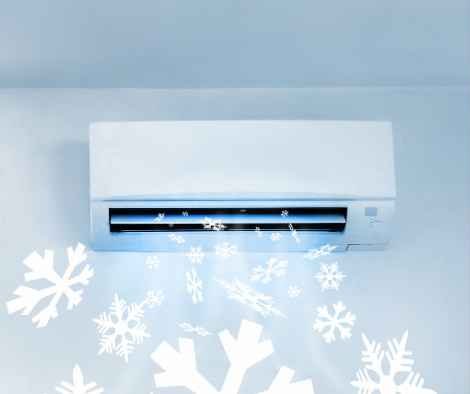
What Causes an Air Conditioner to Freeze Up?
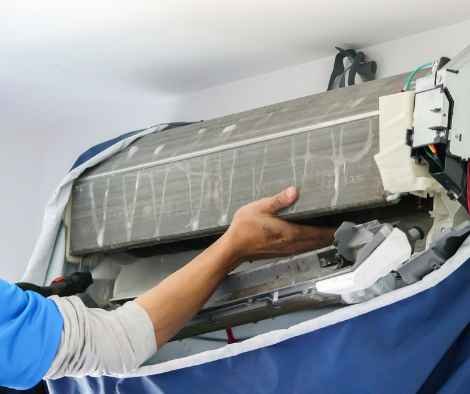
How to Clean Air Conditioner Coils
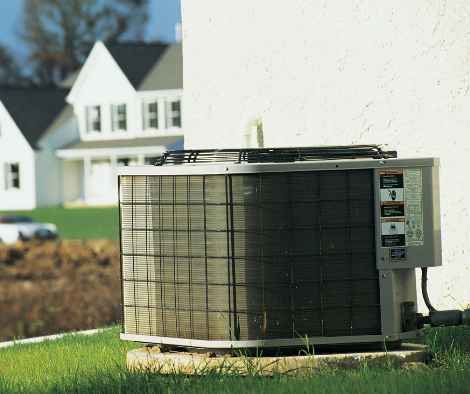
What Size Air Conditioner Do I Need?

Why Does My Air Conditioner Smell?
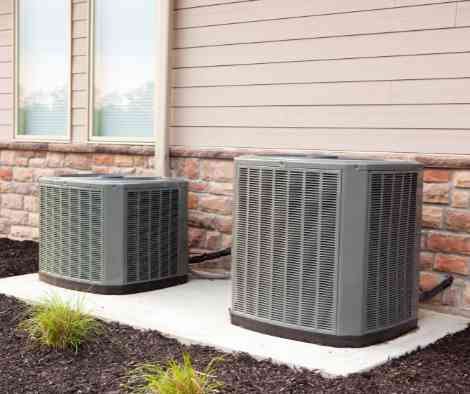
Why Is My Air Conditioner Leaking Water?
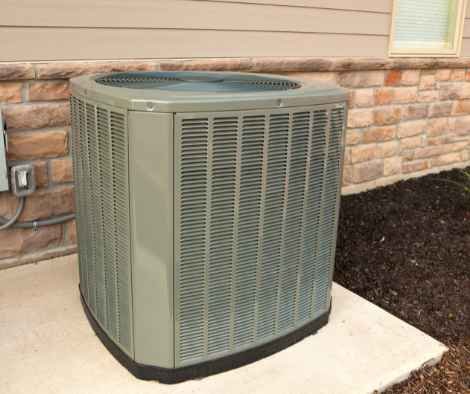
Why Is My Air Conditioner Not Blowing Cold Air?
